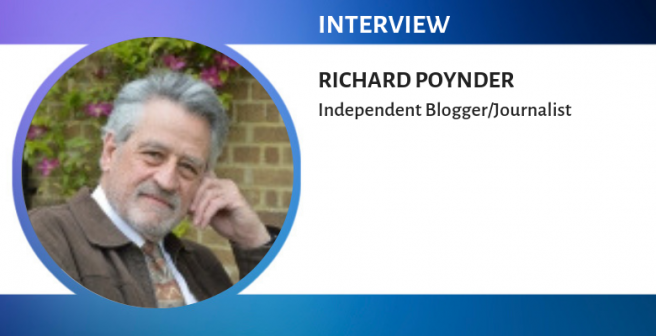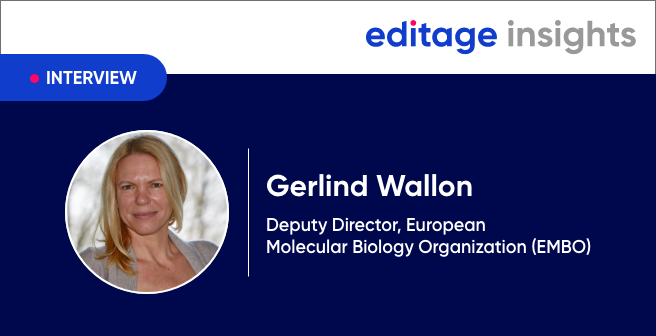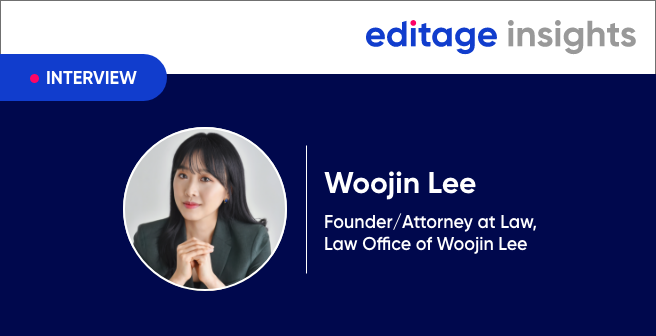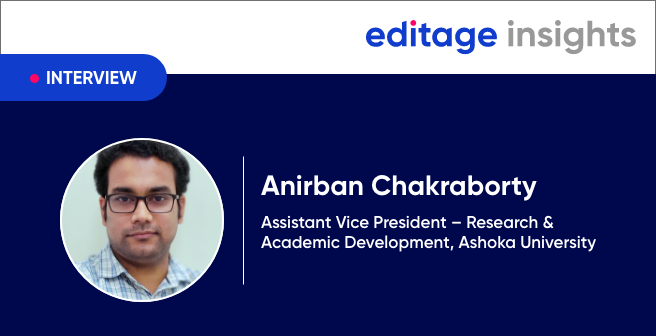While free content is to be welcomed, the way it is paid for can create new problems

Most of the time, the people who talk or write about scholarly publishing are academicians, librarians, authors, publishers, or editors themselves and their perspectives stem from their personal knowledge and experiences. But for independent journalist/blogger Richard Poynder, being a non-academic does not get in the way of high-quality reporting. Richard is well known for his work, most of which he publishes on his blog Open and Shut? Among Richard’s most popular publications are three series of interviews. The blog-based open-access book The Basement Interviews includes Richard’s interviews with leading advocates of the various open and free movements. The Open Access Interviews and The State of Open Access series document Richard’s conversations with open access advocates and practitioners. Richard is also moderator of the Global Open Access List (GOAL). Over the years, Richard’s work has received a lot of attention. Stevan Harnad, well-known open access activist described Richard as the “chronicler, conscience, and gadfly laureate” of the open access movement. Speaking to Richard is no less than a revelation. He is knowledgeable, insightful, and candid – an ideal interviewee!
Since I had a lot of things to discuss with Richard, I decided to break this interview into four parts. In this first segment, Richard talks about his early work and how he developed an interest in scholarly publishing. Richard also shares some of the real challenges he faces as an independent blogger/journalist.
What led you to become an independent journalist covering issues related to scholarly communication?
I have had a number of incarnations during my working life, including a stint in the Royal Navy, and spells as a farm worker, a railway guard, a school teacher, and a journalist/blogger. I reinvented myself as a journalist in the 1980s, when I became interested in computers and proprietary dialup services. In 1988, I became the editor of a new online business journal run by Micronet, then the largest information provider on the Viewdata system Prestel. By the 1990s, I was writing on technology more generally, for the Financial Times and other UK newspapers. I also wrote occasional features for the Wall Street Journal Europe. At that time, I was also editor of Information World Review (IWR),which reported on what was then referred to as the “online information industry”. As such, it also covered the first steps scholarly publishers had begun to take to put their journals online. This marked the beginning of my interest in scholarly communication.
Could you tell us a little bit about your early work? How did you develop an interest in the open science movement?
While I was at IWR the controversy over whether genes should be patentable was at its height, as was the debate as to whether software and so-called “business method” patents should be permitted. Since I was frequently writing about patent information, I found myself immersed in the issues around software patents. In doing so, I bumped into the open source software movement, and thence to the other free and open movements, including open access. This fitted well with my new interest in scholarly communication.
I also became intrigued at the way in which technological developments were challenging traditional proprietary ways of doing things, and set out to explore this in greater depth through a series of interviews with protagonists from the various free and open movements. I published these online as The Basement Interviews in 2006. After doing those interviews, I concluded that open access was being underreported relative to, say, free and open source software, and so decided to focus on that. Since then, of course, the movement has broadened out to include open data, open notebook science, open metrics etc., and the more generic term “open science” has emerged.
What are some of the challenges or difficulties you have faced as an independent scholarly communication journalist?
The main challenges I have faced began after I moved my writing to the Web, and they remain challenges today. Let me explain.
My aim is not simply to report on open access, but to record its development over time, and to try to explore the issues it raises in depth.
Herein lies my first challenge, because covering the issues in depth takes time and effort. Since I do a lot of interviews, it tends to be onerous for the people I interview as well. My approach also means that the questions tend to be somewhat probing, and the interviews often become rather long. As this asks a lot of interviewees, they sometimes opt out along the way, and so not all the interviews I start are completed. In addition, I suspect that some potential readers may find the outcome too time-consuming to read. As such, my readership is probably smaller than it could be. That’s just the nature of the beast.
The second challenge I face is that of ensuring the long-term availability of the whole body of my work. When I started out, I viewed open access as part of a broader Internet-based revolution that could significantly change the world we know. Eventually it became evident that changing scholarly communication is going to take a whole lot longer than anyone anticipated!
Whatever the outcome, and however long it takes to reinvent scholarly publishing, I cannot help but think that in 50 or 100 years’ time, when historians look back and scratch their heads over why the research community clung on to such a broken and outdated system for so long, the interviews I have done will help them understand, if only because they provide a good record of the issues, arguments, and discussions that we can see taking place during the transition.
But there is a possibility that the interviews may not survive long enough for any future historian to refer to. Clearly, Google could pull the plug on blogger (the publishing platform I use) at any point. Ideally, I would like all of my work to be visible and available to everybody well into the future. That may not prove possible.
But the biggest challenge is that when I moved my writing to the blogosphere, my income melted away. I guess I could seek some form of sponsorship, but if I did I would no longer be independent, and I think there is value in having some independent voices in the open access space. If there were not, the history of the changes that scholarly communication is undergoing might end up being written from the perspective of publishers, for instance, and publishers portrayed as the primary agents of change, and the heroes of open access. This would elide the fact that publishers were initially bitterly opposed to open access.
What I find interesting here is that the revenue challenge I have faced mirrors the one faced by scholarly publishers! Since people don’t expect to pay for content when it is online, publishers have found themselves under growing pressure to dismantle the paywalls around scholarly journals and abandon the subscription model. That is, after all, what the open access movement has been demanding for some fifteen years now.
Publishers rightly point out that they cannot survive if they have no source of revenue. For this reason many open access publishers charge authors (or their funders) a publication fee (APC), an approach that the research community is beginning to find problematic So while free content is to be welcomed, the way its creation is paid for can create new problems even as it solves old problems.
Would you say that being a non-academic helps you bring a unique perspective to journalism about scholarly communication?
Yes, I would say it does. I believe that not being a researcher, a librarian, a publisher, or involved in research funding in any way, gives me a more independent perspective than those who are actors in the open access drama, and this provides me with a unique perspective. Of course, no one can claim to be totally without bias, nor do I. I do, after all, believe that open access is both inevitable and optimal. To some extent that is bound to influence how I report on open access.
Thank you, Richard!
This concludes the first part of this four-part interview series. In the next segment, Richard elaborates on how free content can create more problems and goes on to talk about the need for transparency in research and scholarly communication.
Other parts in the series:



